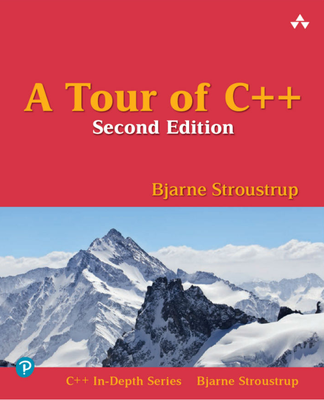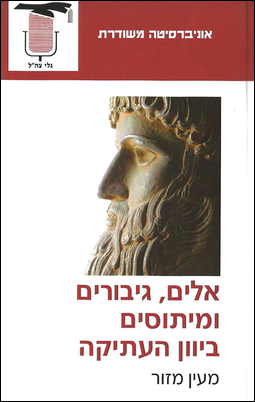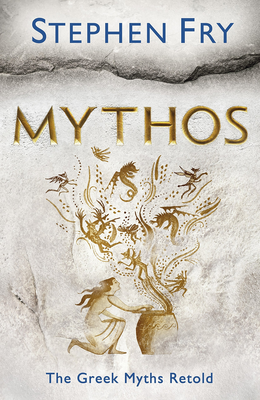
| Read Log, January-February 2021 | ||||
| By Tal Cohen | Sunday, 04 April 2021 | |||
The book is basically an attempt to review different problems in life, and how to address them from a mathematician’s point of view, by applying algorithms. For example, if you have a terminal disease, more than you care about the average life expectancy, you care about the distribution. Armed with this knowledge, you can make better choices regarding treatment (or going out on a short and hopefully enjoyable last vacation). Most advice in the book, though, is not so morbid, and even useful; for example, an algorithm for how many houses you should view before making a choice and buying one. The most important part of the book is the seven-page-long Conclusion, reiterating the difference between the choice of way (where choice does exist) and the outcome (which, even with the best choice of algorithm, is not guaranteed); but more importantly, presenting the concept of (social, person-to-person) computational kindness. It is kinder to ask a person if they can meet next Tuesday at 1pm than to ask them if they can find an hour for you in their schedule, for example, even though it seems less polite. It is kinder, when discussing entertainment alternatives with friends, to explicitly state your top choice or two, rather than politely defer the decision to them. And so on. And one should also be kind to one’s self; it is reasonable, and even rational, to make simplifying assumptions when facing most problems in life. After all, there are no known efficient algorithms for solving these problems otherwise.  All in all, in 25 more years, it probably will be a good language after all. The first chapter opens with a misquote of Shakespeare: The Bard mentioned killing all the lawyers, he never said anything about the language lawyers. It seems like this exact same misquote appears in the first chapter of Stroustrup’s The C++ Programming Language, going back at least as far as the 2nd edition (1991). And the book itself is surprisingly low-quality: the blue ink offset is often off by just enough to annoy you, and the typesetting was done, it seems, with Microsoft Word or something (e.g., the font size changes for one paragraph at the top of p. 139). Not to mention stupid mistakes like confusing list<int> with list<double> on p. 152, the mismatched ’’))” in the last example on page 177, etc.   And of course, what makes the book special is Fry’s wry sense of humor; after noting that Zeus’s radiance “had become almost painful to look upon”, there’s a footnote saying, “As is often the case with extraordinarily attractive people. It is incumbent upon us to apologise or look away when our beauty causes discomfort.” Or: “The Greeks still add pine resin to wine, call it retsina and offer it to visitors. No one knows why a normally kind and hospitable people should do such a thing. It tastes like what it essentially is, the kind of turpentine artists use to thin their oil paints. I love it.”  
| ||||